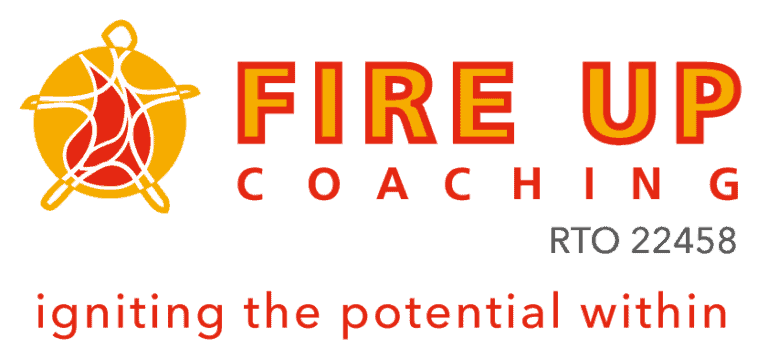That’s what we all seek with our clients isn’t it? A desire to feel fulfilled knowing that our client has had an awakening in their awareness, to open new opportunities, new directions or new goals for themselves. And that the awareness has led to ongoing or perhaps even a permanent transformation for them. So how might we achieve this? Here are a few pointers to help you guide your coaching clients to real transformation through coaching.

Establish a strong coaching relationship.
Building trust and rapport with your clients is essential. Create a safe and supportive environment where they feel comfortable sharing their thoughts, feelings, and goals.
Set clear objectives with your client.
Work to help your client to define their desired outcomes and goals. Help them articulate what they want to achieve through coaching, ensuring that the objectives are specific, measurable, achievable, relevant, and time-bound (SMART).
Conduct Client assessments.
Work to gain a deep understanding of your clients’ current situation, strengths, weaknesses, and areas for improvement. Use assessment tools, questionnaires, and interviews to gather relevant information. This will help you tailor your coaching approach to their unique needs. Powerful tools such as HBDI and Emotional Intelligence can provide deep insight into your clients.
Collaborate on action plans.
Support your client in the process of creating action plans. Encourage them to take ownership of their development by setting goals, identifying actions, and committing to specific strategies. Ensure that the action plans are realistic and aligned with their values and aspirations.
Provide ongoing support and accountability.
Regularly check in with your clients to monitor progress and offer guidance. Help them overcome obstacles and adjust their strategies as needed. Hold them accountable to their commitments and celebrate their successes along the way.
Use effective coaching techniques.
Employ a variety of coaching techniques and methodologies that align with your clients’ goals. This may include active listening, powerful questioning, reflection exercises, visualisation, goal setting, cognitive reframing, and skill-building activities. Work on client values to deepen their understanding of self. Tailor your approach to the individual needs and preferences of your clients.
Foster self-awareness and growth.
Encourage your clients to deepen their self-awareness by exploring their beliefs, values, and thought patterns. Help them uncover and challenge limiting beliefs that may hinder their progress. Support their personal and professional growth by providing constructive feedback and guiding them towards new perspectives and possibilities.
Continuously develop your own coaching skills.
Stay up to date with the latest coaching techniques and methodologies. Attend training programs, workshops, and conferences to enhance your knowledge and skills. Seek feedback from clients and colleagues to improve your coaching practice.
Evaluate and measure progress.
Regularly assess the progress of your clients using both qualitative and quantitative measures. Evaluate their satisfaction, engagement, and progress towards their goals. Adjust your coaching approach as necessary based on feedback and evaluation results.
Encourage self-reliance.
Ultimately, aim to empower your clients to become self-reliant and independent. Help them develop the skills, mindset, and confidence to continue their growth beyond the coaching relationship.
Remember, transformation takes time and dedication. By being a supportive and skilled coach, you can guide your clients towards meaningful and lasting change.
Related Articles
How to become a coach in Australia
What are the different levels of ICF coach training?



